Growing Together: The Power of Regional Collaboration in Maine
Across the country, ocean farms are banding together to build regional co-ops that share resources, reduce farming costs, and strengthen local communities. This collaborative network model is gaining traction among regenerative ocean farmers looking for ways to make their livelihoods, communities, and planet more resilient.
Maine Family Sea Farms (MFSF)—a group of a dozen small businesses and polyculture farms growing oysters and kelp in Casco Bay, Maine—is putting this model into action to build a stronger, more connected regional supply chain.
Founded in 2020, the MFSF co-op was built on a simple premise: farms can do more by working together. “We share resources, both labor and equipment, and provide each other with some semblance of ‘farm insurance,’” says Ken Sparta, founding member of MFSF and owner of Spartan Sea Farms. If someone’s injured or facing a staffing gap, co-op members step in to help keep farm operations running smoothly. They’ve also pooled resources to buy shared equipment like an oyster tumbler and sorter—tools that can otherwise be out of reach for a single small farm.
In 2024, GreenWave launched our regional cohort program to support collaborations like this, providing technical assistance, grants, networking, and shared learning opportunities. MFSF is one of three groups participating in the cohort program, which brings together nurseries, farmers, and processors working together to increase the resilience of regional ocean farming industries.
As part of the program, the Maine cohort built a kelp seed nursery from the ground up with hands-on support from the GreenWave team. This past season, Nicole Potter, Farm Manager at Spartan Sea Farms, led the nursery, producing seed for their kelp lines and for five other farms in the state. They replicated GreenWave’s nursery model to address critical seed quality challenges in the region—an important step toward ensuring reliable local supply and scaling production across Casco Bay. “I’ve never felt more proud or more accomplished than the first time we saw seed on the line,” Nicole says.
Being a part of the regional cohort has been especially valuable during their first season of seed production, providing a space for peer learning and problem-solving. “There are very few of us doing nursery work,” Nicole said. “It’s really helpful to be able to bounce ideas around or troubleshoot with others. You’re not just figuring it out on your own.”
This season, Maine cohort members aggregated and distributed their kelp to fulfill shared orders. By working together, farms were able to land a sale of 50,000 pounds of kelp that might have been out of reach individually, all while keeping more value within their local community.
When they first started their businesses, MFSF members sold kelp through creative, boutique-scale channels: door-to-door during COVID, local restaurants and breweries, and through Freeport Oyster Bar, which is also part of the co-op and serves as a direct-to-community outlet for co-op-grown products. But in recent seasons, MFSF farmers have worked to expand their sales pipeline. The co-op is helping power this transition, allowing small farms to team up and meet the demands of larger buyers and move kelp from a specialty ingredient to a staple on the plate. This year, a new venture called Nauti Foods—founded by Ken and sourcing kelp from cohort farms—is piloting a kelp crumble recipe, a meat alternative aimed at institutional and university cafeterias.
Looking ahead, Ken sees real potential in this decentralized, collaborative model. “GreenWave has done so much to help grow kelp here in Maine, especially for those of us outside the bounds of big commercial operations,” he says. “They got us started so that farms like ours could not just survive, but actually be confident in the kelp we’re putting into the water and the future of our businesses.” Next year, GreenWave will build on this momentum by opening the cohort to more farmers in Maine, further strengthening collaboration and support across the state.
This season, Spartan Sea Farm plans to expand their farm acreage and add more lines to increase production yields, growth made possible by diversified income streams and the support of the co-op. As farmers pool resources, share infrastructure, and open up new markets together, co-ops like MFSF are proving that collective, community-led ocean farming isn’t just viable, it’s scalable. By building strong regional networks and support systems, these farmers are creating a blueprint for the future of the regenerative ocean farming industry.







